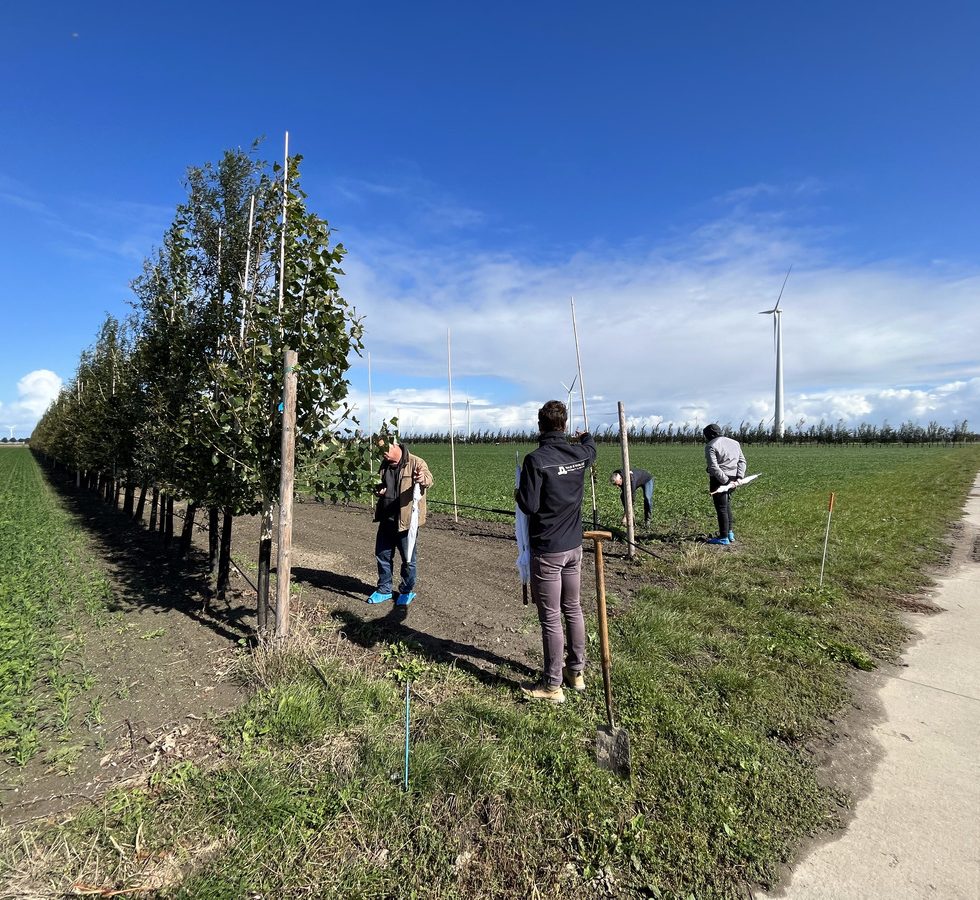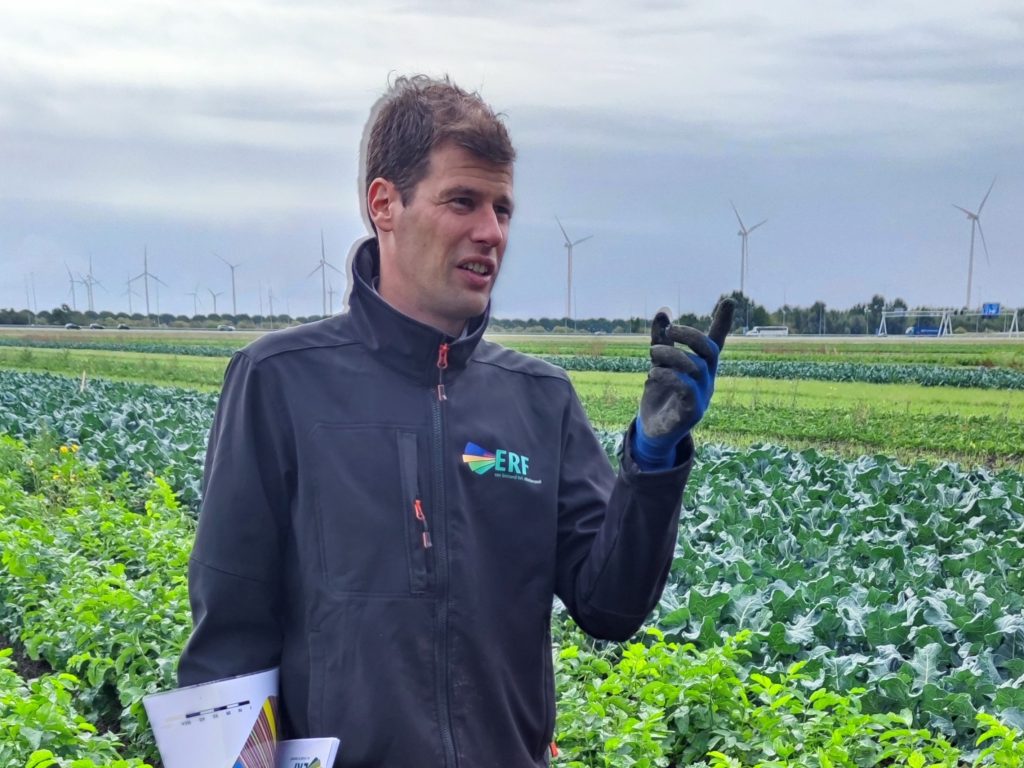How We Tackle Weeds in Organic Chickpeas
June 23, 2025We’re back in the field with our chickpea cultivation series! See how we tackle weeds after emergence using inter-row cultivation.
Read articleLoginEKO agronomists visited Wageningen University & Research and discussed green manure research and sustainable agricultural practices. But that was not all.

September/October 2022
LoginEKO agronomists visited Wageningen University & Research and met with Mariana Debernardini, the representative of the Lighthouse Farm Network, to discuss green manure research and sustainable agricultural practices.
Our team also met with researchers Wijnand Sukkel, Derk van Balen, and Lennart Fuchs to deep dive into topics ranging from agroecology and technology, resilient and regenerative farming, cover crops, strip cropping, to controlled traffic, and agroforestry.
The LoginEKO team presented an outline of our model for sustainable agriculture, which proved to be of great interest for Dutch agronomists, who saw it as an important step towards “farming of the future”.
The team had an opportunity to visit WUR plots and a commercial organic vegetable farm ERF where they discussed with its manager Roy Michielsen.

In our quest to develop sustainable solutions for farmers, LoginEKO seeks to partner with leading research institutions, commercial farms, and networks of like-minded farms to circulate knowledge, gain experience and test our sustainable models in different climates.
By working together we can create solutions that will benefit farmers, governments, food producers and consumers, and revolutionize the food system.
We’re back in the field with our chickpea cultivation series! See how we tackle weeds after emergence using inter-row cultivation.
Read articleTwo days, three farms, one shared goal: growing hemp more sustainably. Here’s what we learned and shared during our tour of Prekmurje.
Read articleChickpeas offer great potential for organic farming. Join us as we walk you through the essential steps of chickpea cultivation, starting with seedbed preparation.
Read article